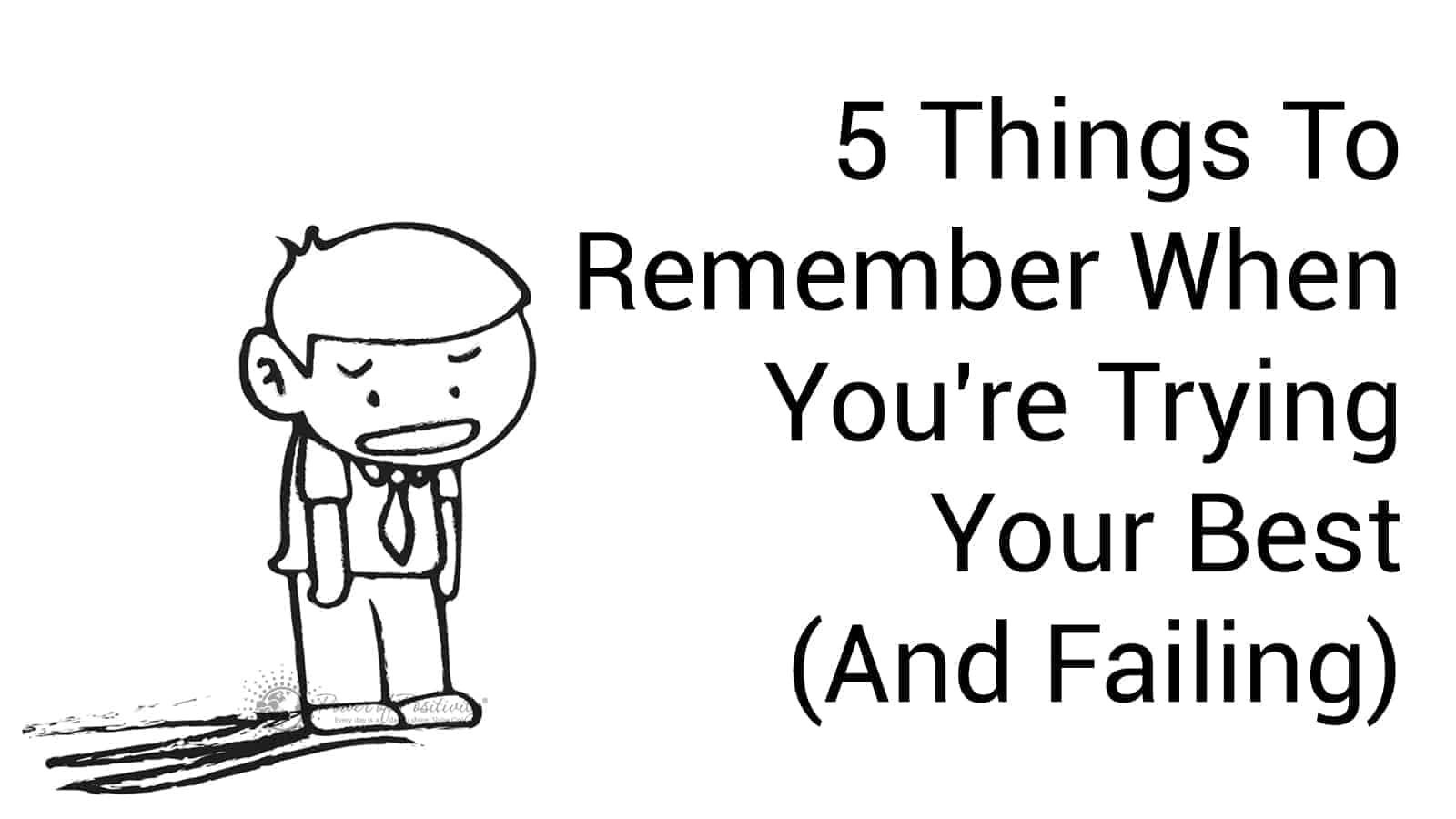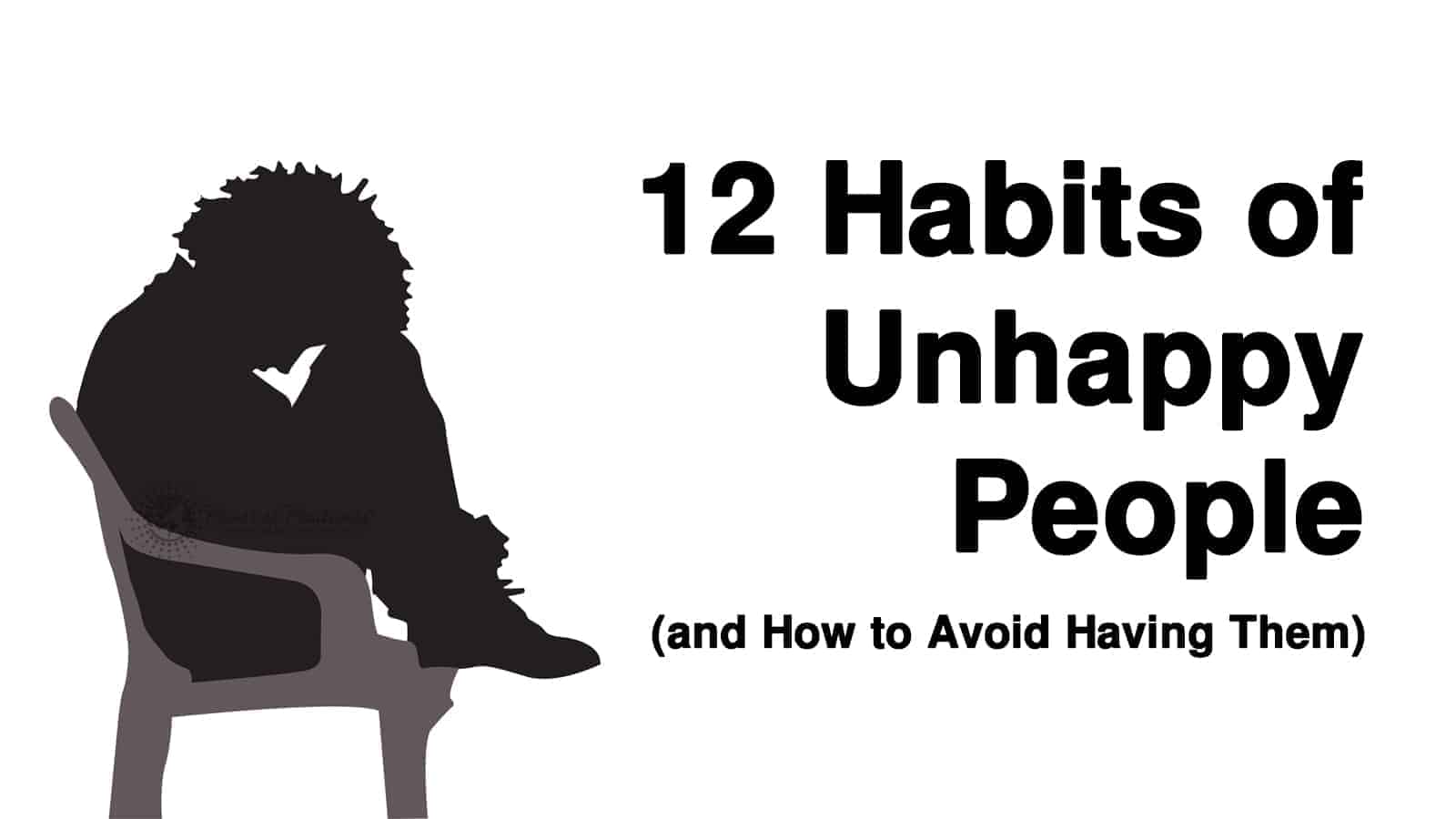Contentment is not the absence of problems, but the ability to deal with failing in a healthy manner. “Pain is inevitable, suffering is optional.” We get to decide how we perceive a situation, an obstacle and a problem.
We have all lost someone, something, and at times even ourselves. We lose. That’s simply part of life. We gain and we lose. It would be amazing not to go through disappointments, loneliness, despair, catastrophes, and anything else under the umbrella of misfortunes. This is life. In order to learn and evolve, we will experience things that may break us. It’s how we allow those things that determine success or failure.
Here are 5 things to remember when you’re trying your best, but still failing:
1. Focus on what you have, rather than what you’ve lost.
Society will dictate how you perceive what you should do and what you should have. It will show you through mass media how you are to behave and what determines your worth. Do not allow anyone or anything to place a price tag on your soul. Whenever you start to focus on the negative you will attract more of that. The moment you shift and start to see how things appear, and learn from them in a positive light, life becomes an adventure.
As soon as you begin to see all the things you’ve done, accomplished, and succeeded in, you can see that you have not just existed. You are surviving the human race and you are winning. You have made it this far through illnesses, losses, hurt, disasters, near-death experiences, and many more hurdles. Here you are! Keep moving forward by seeing how incredible you have moved through this life.
2. Painful experiences force you to grow.
It’s unfortunate, but we learn through pain. It’s not that we intentionally go out of our way to hurt and learn. Think of a child who has been told not to touch the hot stove. Until the child touches the hot stove and feels the pain, he will not stop. The moment he experiences that excruciating pain, he realizes that the hot stove is never to be touched again. Very few people learn by witnessing others in similar experiences. They believe that they are exempt from the pain of failing. How many of us haven’t heard, “No pain, no gain?” Do not look at your failures and your suffering with victimization eyes.
Look at how you’ve overcome your situations. Look at how it has fueled you to keep going. Witness your power, strength, and tenacity. Thomas Edison said, “I have not failed. I’ve found 10,000 ways that won’t work.” Like the lotus flower, it is through the muck and dirt that we often thrive to become the very best.
3. Nothing is permanent.
“This too shall pass!” If you look back at your life, just when you thought you couldn’t keep going, you found a way to make it through. Here you are doing it again! Each time we experience failure, when we are doing our best, we feel like we can’t go on. You can, and you will. Everything in life is temporary. Like all the old cliches, “The sun will come out tomorrow.” And, if not tomorrow then in a few days. Nothing lasts forever. Sometimes, when there are obstacles in the way, it’s a sign that you need another route. The ancient poet, Rumi, said it perfectly: “Live life as if everything is rigged in your favor.” Even the small things that you find insignificant may just be stepping stones to something better.
4. Don’t be ashamed of failing or the scars you earn.
Whenever you begin to take responsibility for your decisions, you heal from the past. Every scar that you own is a metal of honor. You have survived something powerful. You do a huge injustice and disservice to your soul when you reject the things you’ve overcome. Never be ashamed of what has happened but utilize those things to keep moving into something better.
You don’t owe anyone an explanation. However, you do owe yourself the utmost respect. You have battled through the storms and disasters. You may have fallen but the floor hasn’t swallowed you up. Your purpose in this life is an on-going journey. Follow that!
5. Complaining solves nothing.
In an article on complaining, Guy Winch, Ph.D. writes, “The problem is that today we associate the act of complaining with venting far more than we do with problem solving. As a result, we complain simply to get things off our chest, not to resolve problems or to create change, rendering the vast majority of our complaints completely ineffective. Even when we do address our complaints to the people who can do something about them, we tend to be unsuccessful far more often than not.” Complaining is not venting. Complaining is reliving the problem and the issues over and over again while stopping growth. There is a difference between sharing your lessons and letting them become the drama in your life.
You can inspire others by living a life without the constant negative sharing. When you fall (once, twice or twenty times) remember that these are stepping stones to something greater. If you complain after every fall you are likely to not get very far.
















